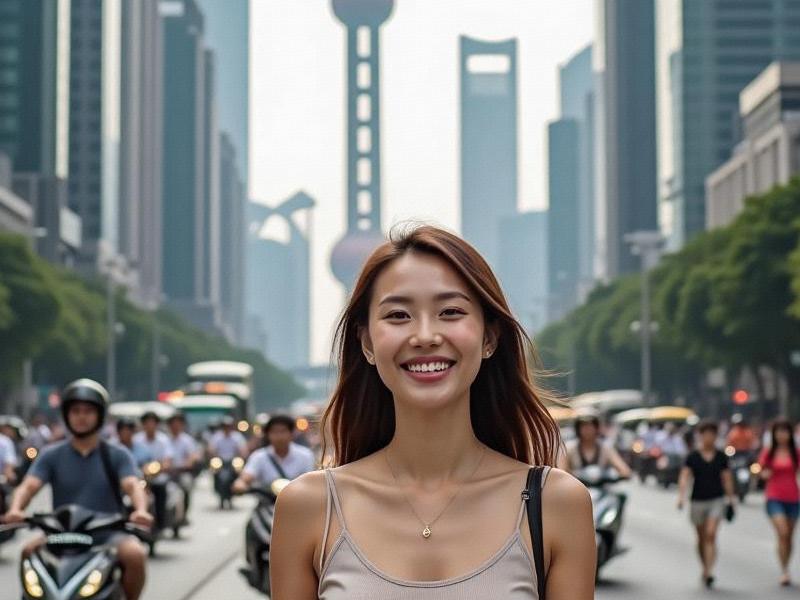
In the spring of 2025, Shanghai stands at the epicenter of a cultural revolution that is redefining East-West artistic dialogue. The city's cultural sector has grown by 28% year-on-year, according to municipal cultural bureau statistics, with over 42 million visitors to its cultural institutions in the first quarter alone.
The West Bund Museum Mile, now stretching 3.2 kilometers along the Huangpu River, has welcomed three major new additions this year:
1. The Digital Heritage Museum showcasing AI-reconstructed Chinese antiquities
2. The Sino-French Contemporary Art Center (a joint venture with Pompidou Paris)
3. The Yangtze River Delta Folk Arts Archive
上海龙凤419社区 "Shanghai has become the laboratory for 21st century cultural innovation," remarks Claudia Benzoni, director of the Shanghai Biennale. "Nowhere else blends 5,000 years of Chinese tradition with such fearless experimentation."
Key Developments:
1. Creative District Expansions:
M50's art complex has quadrupled in size, while the new Hongqiao International Art Zone has attracted 87 galleries from 23 countries. The renovated Shikumen lanes of Tianzifang now house 120+ designer studios and craft breweries.
上海花千坊爱上海 2. Performance Arts Boom:
Shanghai Grand Theater's 2025 season features 47 world premieres. The experimental "Floating Stage" on Suzhou Creek has hosted 132 avant-garde performances since January.
3. Cultural Technology Fusion:
The Shanghai Museum's digital twin receives 120,000 daily virtual visitors. Its blockchain-authenticated replicas program has generated $28M in cultural commerce.
上海花千坊419 4. Regional Collaborations:
The Yangtze River Delta Cultural Alliance has launched 19 joint programs, including the digital archive of Jiangnan water town intangible heritage.
Challenges persist in balancing commercial development with artistic integrity, particularly in historic neighborhoods. The recent controversy over the partial demolition of the Jing'an Sculpture Park for commercial development highlights these tensions.
As Shanghai prepares to become the first Asian city to host the World Culture Forum in November 2025, its unique model of state-supported, market-driven cultural innovation offers lessons for global cities navigating the digital age's cultural transformations.
